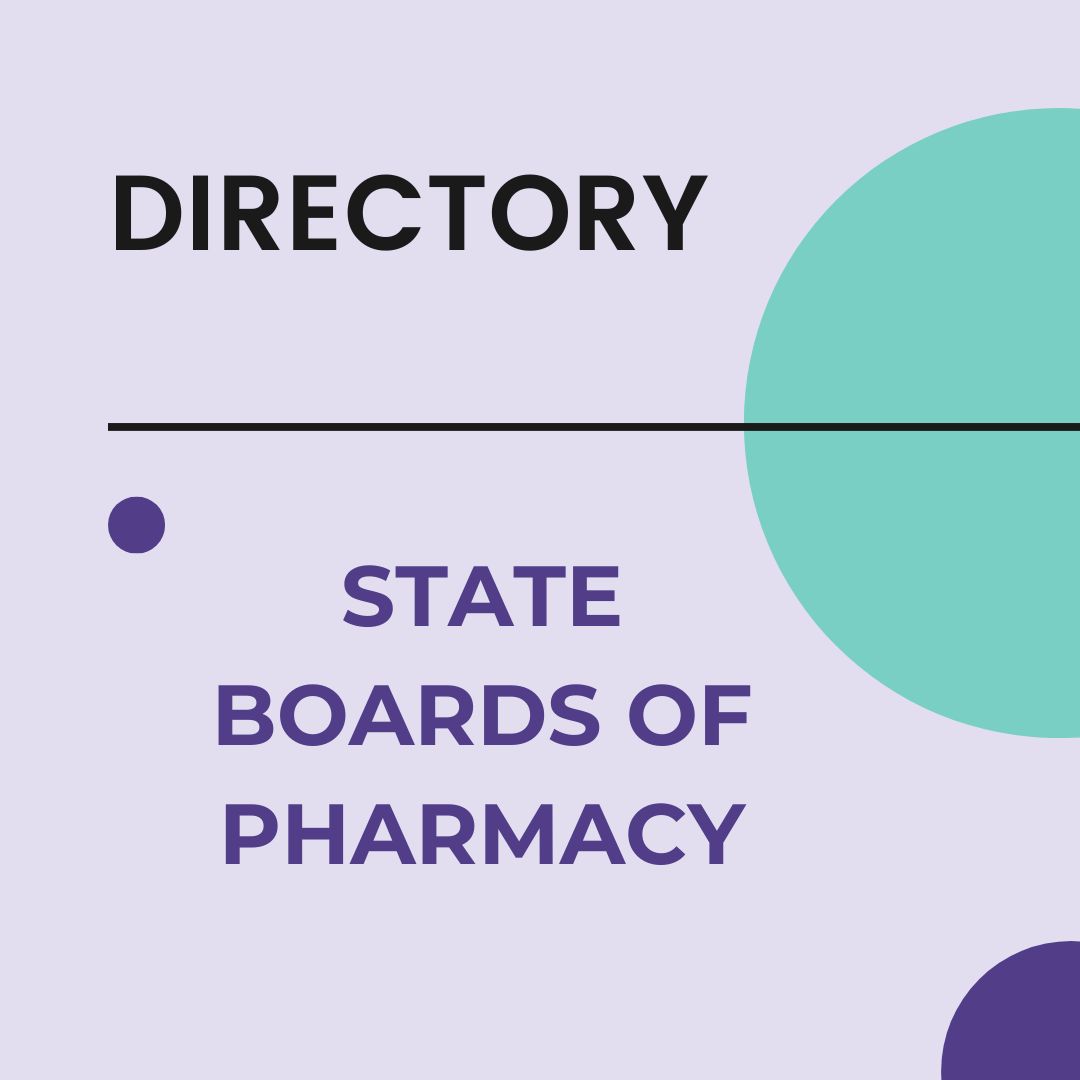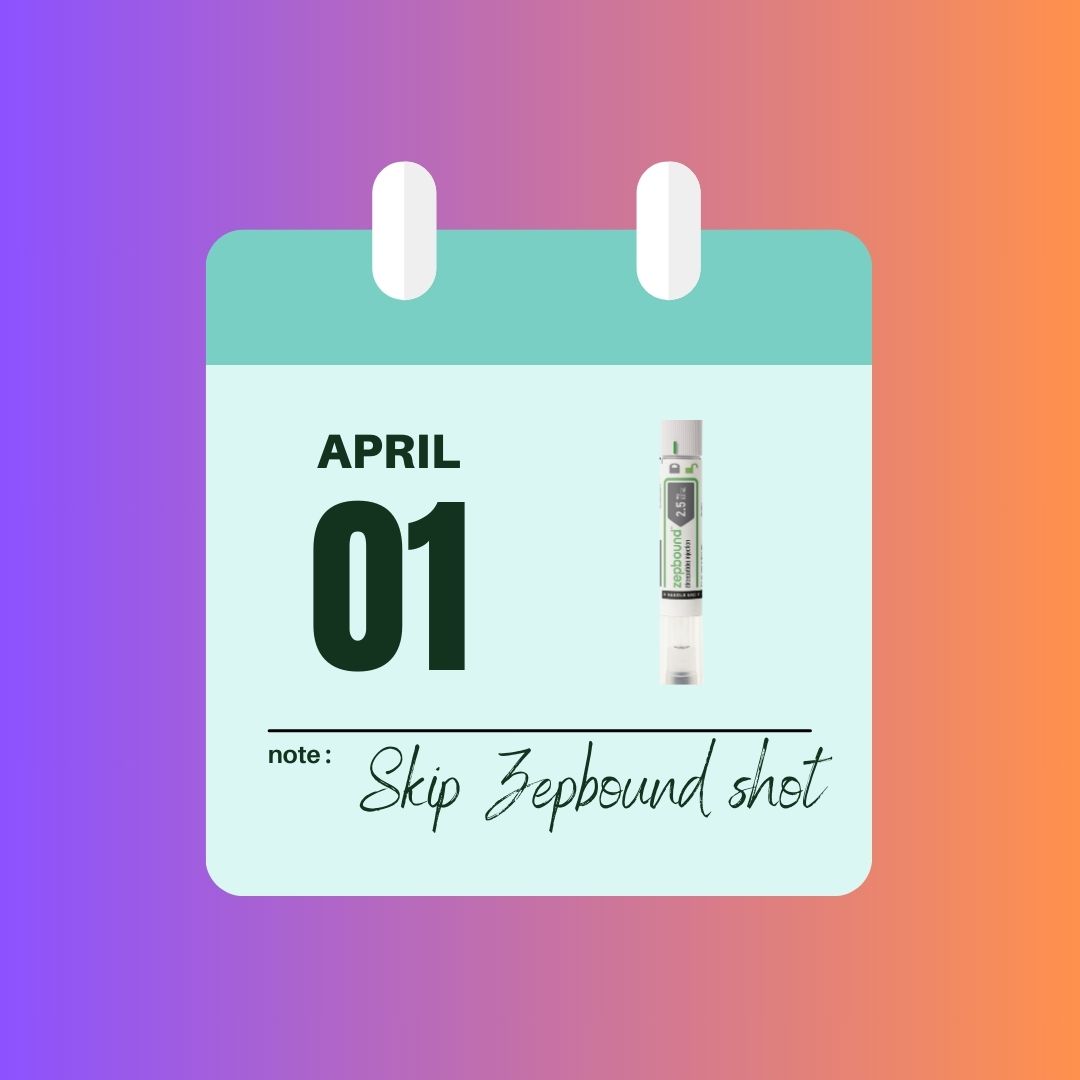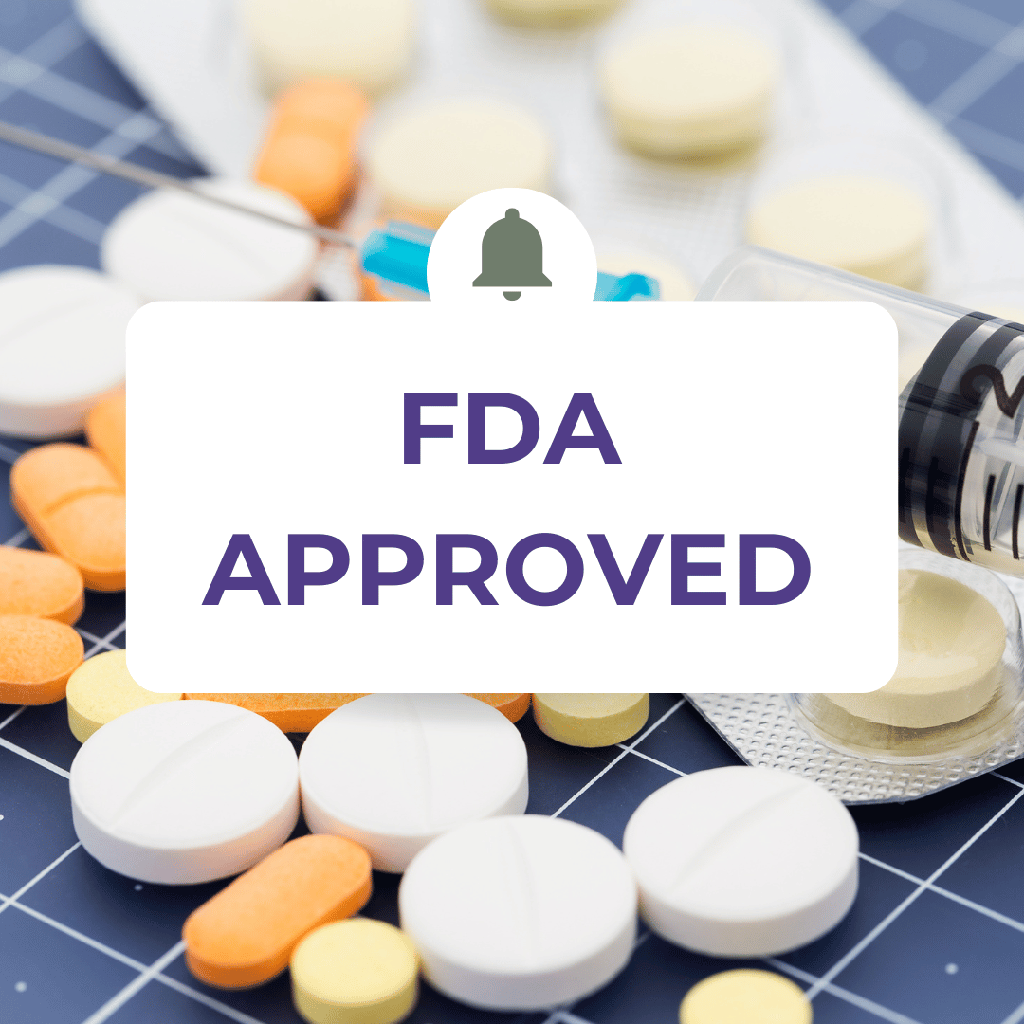Lilly warns Hollywood not to use GLP-1 drugs for cosmetic reasons
Last night, Hollywood insiders gathered at the Dolby Theatre for the 96th Academy Awards ceremony. This is the annual event when the industry gives a nod to the best movies, actors, and directors of the year. Comedian Jimmy Kimmel hosted.
Eli Lilly jabs Hollywood
During the televised event, broadcasters aired an Eli Lilly pharmaceutical commercial. In the spot, the company shamed “Hollywood elites” for taking GLP-1 drugs for cosmetic weight loss instead of their intended and FDA-approved use, which is to treat Type 2 diabetes and obesity. Eli Lilly is the maker of Mounjaro, used to treat Type 2 diabetes, and Zepbound, the exact same medication but approved to treat obesity.
Watch the short video below to get Today’s take on the video and see a clip.
Lilly’s open letter
This isn’t the first time Eli Lilly spoke out about the misuse of these drugs. On Jan. 4, 2024, the manufacturer released this open letter on the topic. The document said, in part:
Lilly Stands Against the Use of its Medicines for Cosmetic Weight Loss
Mounjaro and Zepbound are indicated for the treatment of serious diseases; they are not approved for — and should not be used for — cosmetic weight loss.
Lilly does not promote or encourage the use of Mounjaro, Zepbound, or any Lilly medicines outside of a medicine’s FDA-approved indication.
Mounjaro is indicated in addition to diet and exercise to improve glycemic control in adults with Type 2 diabetes mellitus.
Zepbound is indicated for adults with obesity (with a BMI of 30 kg/m2 or greater) or those who are overweight (with a BMI greater or equal to 27 kg/m2) and also have at least one weight-related additional condition, such as hypertension (high blood pressure), dyslipidemia (high cholesterol or fats in blood), Type 2 diabetes mellitus, obstructive sleep apnea or cardiovascular disease, to lose weight. It should be used with a reduced-calorie diet and increased physical activity.
Shortages are the real issue here
Medications like Mounjaro and Wegovy have been on the FDA’s drug shortage list for months. The flow of these medications is getting tighter with more individuals being prescribed these drugs for necessary treatment for either or both Type 2 diabetes and obesity.
While the misuse of any drug must be stopped, I don’t think a few actors in Hollywood are the true drivers of these drug shortages. The fact is that the longer these drugs are on the market, the more supporting data is released to show their efficacy. Specifically for weight loss, these drugs are helping millions of people to lose weight and keep it off. These are people who haven’t been able to keep the weight off previously. Sometimes it’s due to insulin resistance, polycystic ovary syndrome (PCOS), thyroid issues, or food noise. These drugs give people hope that they may finally manage their obesity. And that also means avoiding future health challenges that could be devastating.
I’m more worried about commercials like this scaring doctors from prescribing the medication to those who need it. When I started Zepbound, my Body Mass Index (BMI) was over 50. The medication’s prescribing guidelines state that anyone with a BMI of 30 or more is eligible for that drug so my case was pretty obvious. Of course, Zepbound could be used in the treatment of my obesity. But what about a patient who’s on the cusp? Would a doctor who truly doesn’t understand that obesity is a complex chronic disease hold back if the patient in question had a BMI in the low thirties? Would that person just be told to eat less and move more?
There’s no perfect solution as the genie is out of the bottle. The entire world knows that GLP-1 drugs promise to solve some very real challenges. According to the World Obesity Atlas, 39% of the global population are obese. In the United States, nearly half of the population (47 percent) are obese.
The real challenge we face as a society is not how many actors may “cheat” and use a GLP-1 to lose weight before walking the red carpet.
What has to happen next in the GLP-1 world?
In my opinion, the issues that must be tackled include:
- the quick ramp-up of drug production so there are no shortages
- strengthening the distribution pipeline so all regions have equal access to the medications
- securing insurance and medical data to prevent hacks (like the one that rendered the Zepbound savings card useless for weeks)
- educating doctors to better understand GLP-1 prescribing guidelines and dosing/titration schedules
- educating society that obesity is a disease that requires treatment
- providing insurance benefits to help make these drugs affordable for the masses
- *pass the Treat and Reduce Obesity Act (bill 4818 in the House and 2407 in the Senate) to allow for coverage of some weight loss drugs to those on Medicare
*Use the Obesity Action Committee’s online tool to write to your congressional representatives and senators to ask them to support the Treat and Reduce Obesity Act.
The wrap-up
All of those things would provide better, more consistent access to these important GLP-1 drugs.






